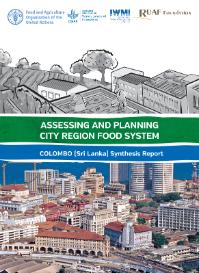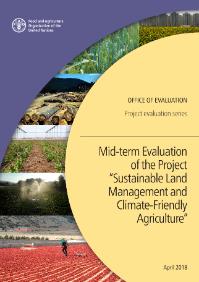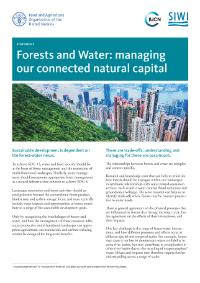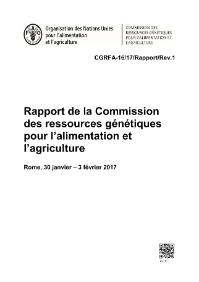Focal point
Location
The Food and Agriculture Organization of the United Nations leads international efforts to defeat hunger. Serving both developed and developing countries, FAO acts as a neutral forum where all nations meet as equals to negotiate agreements and debate policy. FAO is also a source of knowledge and information. We help developing countries and countries in transition modernize and improve agriculture, forestry and fisheries practices and ensure good nutrition for all. Since our founding in 1945, we have focused special attention on developing rural areas, home to 70 percent of the world's poor and hungry people.
Members:
Resources
Displaying 331 - 335 of 5074South Sudan Land cover mapping
The new land cover dataset will allow mapping of natural resources, human settlements and human activities in South Sudan and within neighboring countries. It will represent the most innovative and updated dataset developed for South Sudan, integrating high-resolution multi-temporal imagery, object-based image analysis
and machine-learning algorithms and LCML to support the Natural Resource Management strategy and land use planning.Assessing and Planning City Region Food System Colombo (Sri Lanka) Synthesis Report
This report is the result of the implementation of an assessment methodology for Colombo and its city region food system (CRFS).
Mid-term Evaluation of the Project “Sustainable Land Management and Climate-Friendly Agriculture”
The “Sustainable Land Management and Climate-Friendly Agriculture” Project was implemented in Turkey to improve the sustainability of agricultural and forest land use in the area by rehabilitating degraded forests and rangelands, promoting climate-smart agriculture and establishing a favourable enabling environment. The project was designed to develop the necessary strategies, plans, tools and mechanisms that will aid stakeholders in sustainably managing forest and land resources.
Forests and Water: managing our connected natural capital
The forest-water nexus is crucial for ensuring water and food security, as well as for achieving sustainable development objectives. Only by recognising the interlinkages of forests and water, and how the management of these resources influences productive multi-functional landscapes can appropriate long-term benefits from landscape planning and management be actualized. And while it is important that generalized assumptions about the forest-water nexus are not widely applied due to their complex and context specific nature, the knowledge is available to lend guidance.
Rapport de la Commission des ressources génétiques pour l’alimentation et l’agriculture - CGRFA-16/17/Rapport/Rev.1
Meeting Name: Commission on Genetic Resources for Food and Agriculture (CGRFA)
Meeting symbol/code: CGRFA-16/17/Rapport/Rev.1











